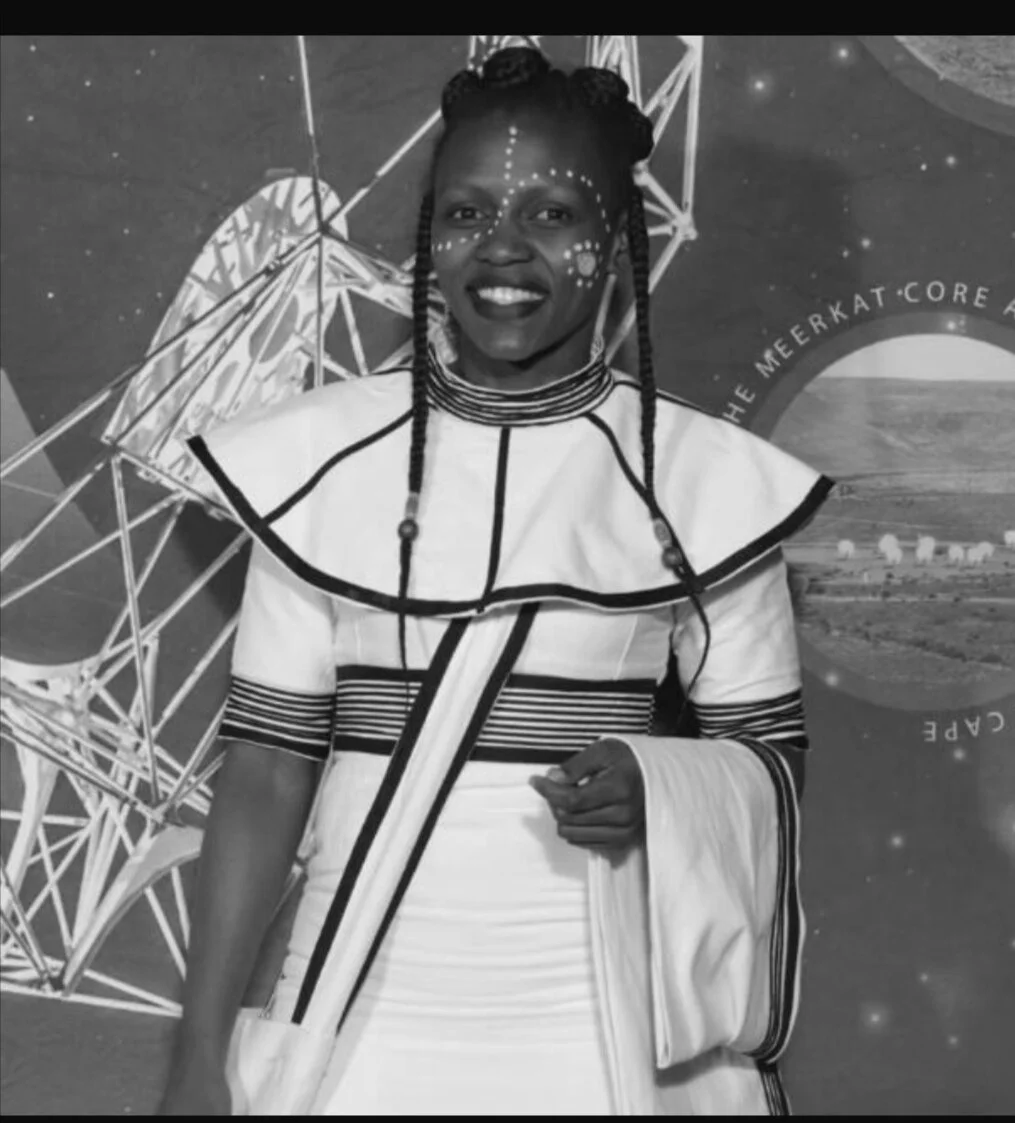A new dawn: The Square Kilometre Array Project
On May 25, 2012, the members of the Square Kilometre Array Organisation (SKAO) announced that the Square Kilometre Array (SKA) telescope would be split over Africa and Australia, with a major share of the telescope destined to be built in South Africa.
South Africa is the world’s most unequal country according to a recent report published by the World Bank. Apartheid has negatively affected the lives of all South African children and its effects have been particularly devastating for black children. The consequences of poverty, racism and violence have resulted in psychological disorders, and a generation of maladjusted children. The rate of murder of women is unacceptably high in South Africa compared to the global average and rape targeting women and girls is a serious problem. According to the Economist’s Pocket World in Figures, South Africa has the highest rate of unemployment for young people in the world.
All the points mentioned above is what South Africa is known for; they may all be true, but there is more. This is why the title of this article is a new dawn. According to Wikipedia, the word “dawn” means first appearance of light or daybreak: this is what the SKA project is to South Africa, showing the rest of the world that South Africa and its people have more to offer. According to the SKAO the SKA will bring together a wealth of the world’s finest scientists, engineers and policy makers to bring the project to fruition.
South Africa is already ahead. On July 13, 2018, the Deputy President of South Africa, David Mabuza, inaugurated the South African MeerKAT Telescope, and unveiled an image produced by MeerKAT that revealed unprecedented detail of the region surrounding the supermassive black hole at the centre of our Milky Way Galaxy. The MeerKAT radio telescope is a precursor to the SKA telescope and will be integrated into the mid-frequency component of SKA Phase 1. Now why is this not amongst the things that South Africa is known for? The SKA project has allowed South Africans to participate in global science - why is this not highlighted like all the other negative things SA is known for? Whose role is it to highlight this?
The telescope means a lot to scientists, engineers, etc. but what does it mean to the ordinary South African? The SKA project has a potential to open many doors to ordinary South Africans both directly and indirectly. The South African Radio Astronomy Observatory (SARAO), a facility of the National Research Foundation, is responsible for managing all radio astronomy initiatives and facilities in South Africa, including the MeerKAT Radio Telescope in the Karoo. SARAO has given many bursaries to South African and African students to study science and engineering through the Human Capital Division. SARAO is also actively assisting small businesses in the Northern Cape to take advantage of the SKA project.
Due to large magnitudes of data received from the telescope, new innovative techniques in storage, cooling, processing and much more have been developed. Some of these techniques have a potential to solve some of the country’s, as well the continent’s, darkest problems that are mostly facing the poor. This is not an immediate process; it requires a lot of patience and teamwork.
The true value of the telescope will be experienced by generations to come, the SKA project will be here for approximately 50 years. It is our role to ensure that we prepare for the next generation. Everyone has a role to play. Media houses need to step up, they have a huge role in rebranding South Africa and the African continent putting science at the centre. Politicians need to realise that this is not a political battle and should never be politicised. Teachers and lecturers have a role to play in empowering the next generation of STEM leaders as young as 3 years. South Africa needs to unite and celebrate their hard work. It is our duty to tell our friends, families, colleagues and neighbours that a major share of the international SKA telescope will be built in South Africa!!! It is indeed a new dawn!
Apiwe Hotele
Apiwe is a social entrepreneur, motivational speaker, leader, visionary and an education activist. She is the founder of Luminous, a technology company that provides EduTech and IoT products as well as services to strengthen the education system in SA and promote entrepreneurship in STEM. In June 2019, Apiwe was listed by News24 as one of the 100 young Mandela, these are South Africans who embody the true spirit of Nelson Mandela. She was recently named as one of the top inspiring women in ICT by the kingdom of the Netherlands through the SA embassy and CoCreateSA.

